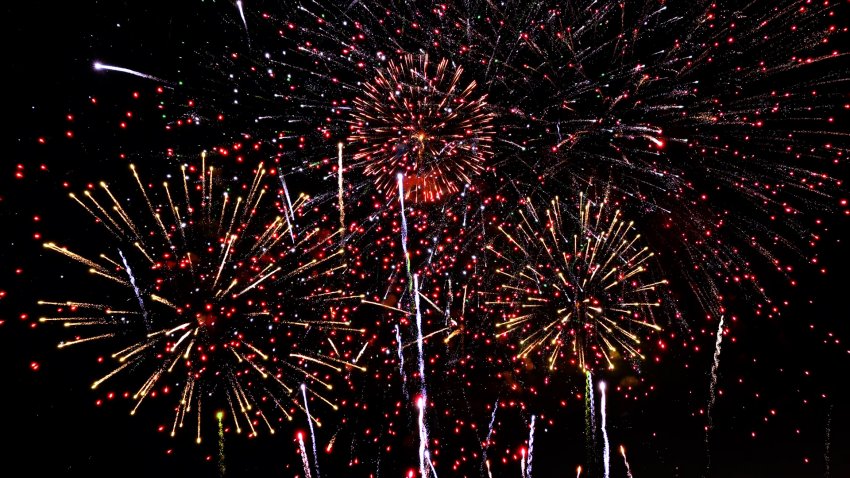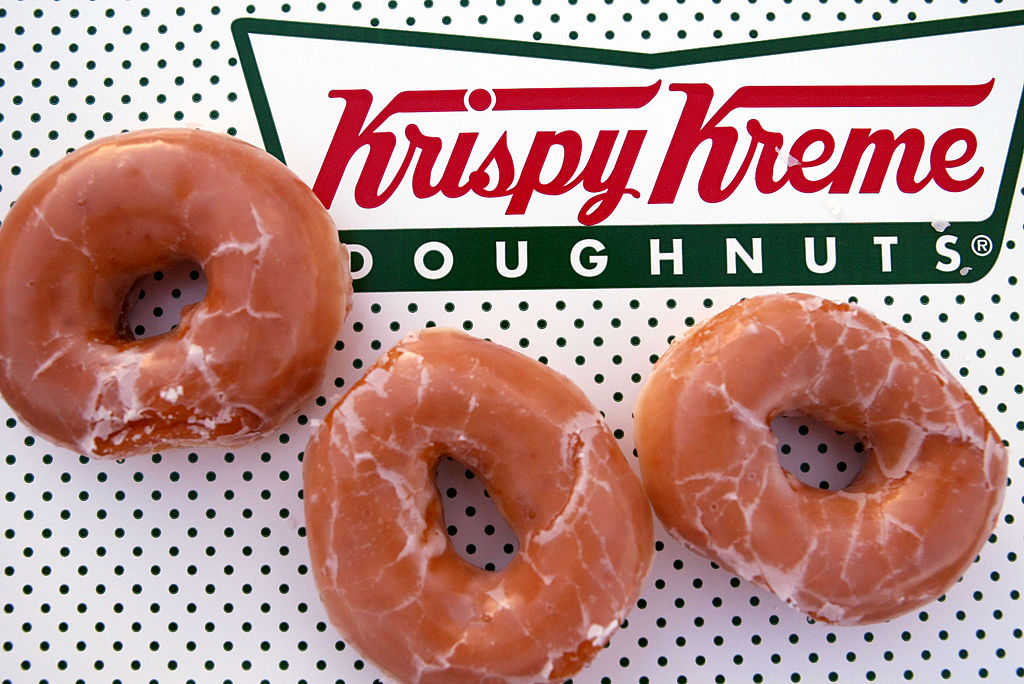It’s that time of year when Americans across the country gather to celebrate the Fourth of July holiday with family, friends and fireworks.
A new report by the U.S. Consumer Product Safety Commission finds fireworks-related injuries and deaths remain high and has continued to increase annually since 2008.
Stream NBC10 Boston news for free, 24/7, wherever you are.
In 2023, at least eight people died, and an estimated 9,700 were injured in incidents involving fireworks. The CPS report found teenagers ages 15 to 19 had the highest estimated rate of emergency room-treated, fireworks-related injuries, with children ages 5 to 9 years old having the second-highest rate.
“While it is a great American tradition to enjoy fireworks around the 4th of July, it is important to remember that all fireworks, even sparklers, pose dangers to consumers. The safest way to view fireworks is to watch professional displays,” said CPSC Chair Alex Hoehn-Saric. “If you choose to light your own, make sure you only buy legal fireworks intended for consumer use from a reputable retailer."
Get updates on what's happening in Boston to your inbox with our News Headlines newsletter.
The vast majority of U.S. states allow legal “consumer” fireworks for the Fourth of July. The definition of consumer fireworks varies from state to state, but can include everything from cone fountains to roman candles to multiple tube “cake” devices to sparklers.
Wherever you are celebrating, here are some firework safety tips and information on how to keep your Fourth of July celebrations disaster-free.
Tips to celebrate safely
According to the National Safety Council, fireworks should be used away from people, houses and flammable material, and never lit in a container or indoors. When using fireworks, the council advises lighting one device at a time and keeping a safe distance afterwards.
- Never give fireworks, even sparklers, to young children.
- Make sure fireworks are legal in your area, and only purchase and set off fireworks that are labeled for consumer use.
- Never use fireworks while impaired by alcohol or drugs.
- Keep a bucket of water or a garden hose handy, in case of fire or other mishap.
- Light fireworks one at a time, then move back quickly.
- Never try to relight or handle malfunctioning fireworks. Soak them with water and throw them away.
- Never place any part of your body directly over a fireworks device when lighting the fuse. Move to a safe distance immediately after lighting fireworks.
- Never point or throw fireworks, including sparklers, at anyone.
- After fireworks complete their burning, to prevent a trash fire, douse the spent device with plenty of water from a bucket or hose before discarding the device.
The 43+ best early 4th of July sales to shop before the holiday
Are sparklers and roman candles safer?
Sparklers, roman candles and firecrackers account for over a third of firework-related emergency room visits. For children under the age of 5, sparklers accounted for 51% of emergency room visits, according the CPSC study, which also noted that sparklers can burn as hot as 2,000 degrees Fahrenheit — enough to melt some metals.
The National Safety Council urges parents to consider using safer alternatives, such as glow sticks, confetti poppers or colored streamers.
Officials in Northern California warned that a sparkler in dry grass could take just 30 to 60 seconds before igniting into a blaze that is no longer controllable by a garden hose.
The history of fireworks

Where are fireworks legal?
Laws around fireworks vary across the U.S., with different states, counties and cities having their own rules on what you can and can't sell, buy and light.
While Massachusetts is the only state where all consumer fireworks are banned, you can still catch a professional display in the Bay State.
Arizona, Colorado, Connecticut, Delaware, Idaho, Illinois, Maryland, Minnesota, New Jersey, New York, North Carolina, Oregon, Rhode Island, Vermont, Washington D.C. and Wisconsin have strict laws of the types of fireworks, permitting only those that are non-aerial and non-explosive, like snakes, sparklers and party-poppers. California has a patchwork of laws, with some "safe and sane" labeled fireworks permitted in parts of the state while illegal in others.
Meanwhile, more than half of states permit a majority of consumer fireworks. Alabama, Alaska, Arkansas, Florida, Georgia, Indiana, Iowa, Kansas, Kentucky, Louisiana, Maine, Michigan, Mississippi, Missouri, Montana, Nebraska, New Hampshire, New Mexico, North Dakota, Ohio, Oklahoma, Pennsylvania, South Carolina, South Dakota, Tennessee, Texas, Utah, Washington and West Virginia. have much more lenient laws allowing for ground-based or handheld fireworks that emit a shower of sparks upon burning.
Find out what's legal in your state by checking the state-by-state guide of laws here.
Do fireworks cause fires?
According to the National Safety Council, fireworks start an average of 19,500 fires each year.
In 2022, fireworks sparked an estimated 31,302 fires. That same year, several cities in the West and Northwest U.S. canceled firework shows and banned residents from releasing them due to wildfire concerns amid drought conditions.
Over the weekend, fireworks caused a 60-acre fire on North Padre Island beach in Corpus Christi, Texas, the city said in a news release. Another vegetation fire reported early Sunday in Redding, California, was caused by illegal fireworks, the Record Searchlight reported.
In Washington D.C., illegal fireworks sparked an apartment building fire that left a firefighter and senior citizen injured and displaces dozens of residents, according to NBC Washington.
“We all enjoy fireworks, but many of us do not realize how dangerous they can be,” D.C. Fire Chief John Donnelly said in a statement. “This is a terrible tragedy for the residents whose lives have been disrupted because someone else was not safe with fireworks. Please be safe with fireworks.”




